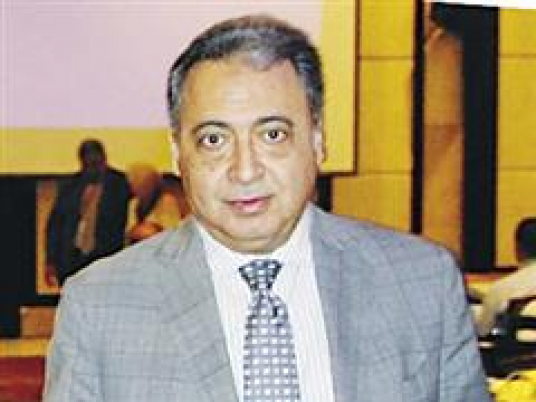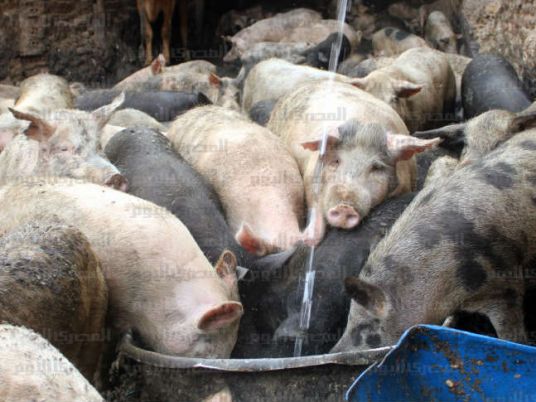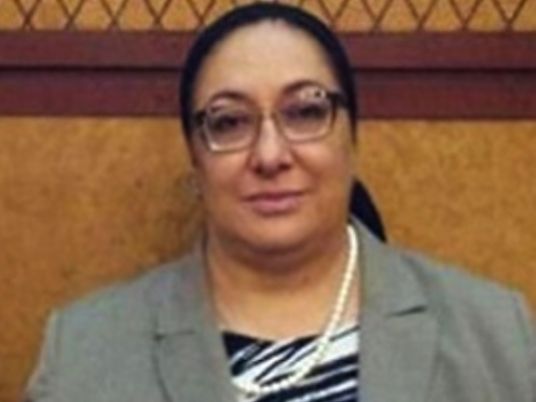The World Health Organization (WHO) said it will not be possible to provide enough doses of vaccine against the H1N1 virus, also known as swine flu, to all of Egypt’s population because manufacturers are only able to produce enough vaccinations to supply half of the world’s population over a year.
Mutation of the virus is normal and not worrisome, although an unusual number of severe allergies have emerged as side effects of the H1N1 vaccination in Canada, according to the WHO.
"There is an unjustifiable state of panic [among Egyptians] about the virus, while 99 per cent of cases only require taking just two pills of paracetamol and a cup of anis or tea," Dr. Zuheir Hallag, regional advisor to the WHO, said in a press conference held in Cairo yesterday.
Egypt, meanwhile, announced a new H1N1 fatality. A 24-year-old woman from Giza Governorate died yesterday, bringing the total number of deaths from the virus in Egypt to 12 people.
Minister of Health Hatem el-Gabali stated before the Shura Council yesterday that the WHO had agreed to provide US$1.5 million to establish a factory to produce H1N1 vaccines in Egypt.
President of Suhag University Mohamed Sayed Ibrahim ordered that studies be suspended for the first year of the Faculty of Medicine and that a floor be evacuated in the university dormitories until the end of Eid el-Adha. Ibrahim explained that he had taken this decision following the discovery of the first H1N1 case at the university: that of a student in the first year at the Faculty of Medicine.
The governors of Cairo, Monufiya, Daqahlia, Qalyubiya and Beni Suef also issued decisions to close three schools and nine classrooms for 15 days after infections were detected.
The Administrative Judiciary Court rejected a lawsuit filed by a parent to postpone the academic year due to concerns about the spread of H1N1 at schools.
Translated from the Arabic Edition.




